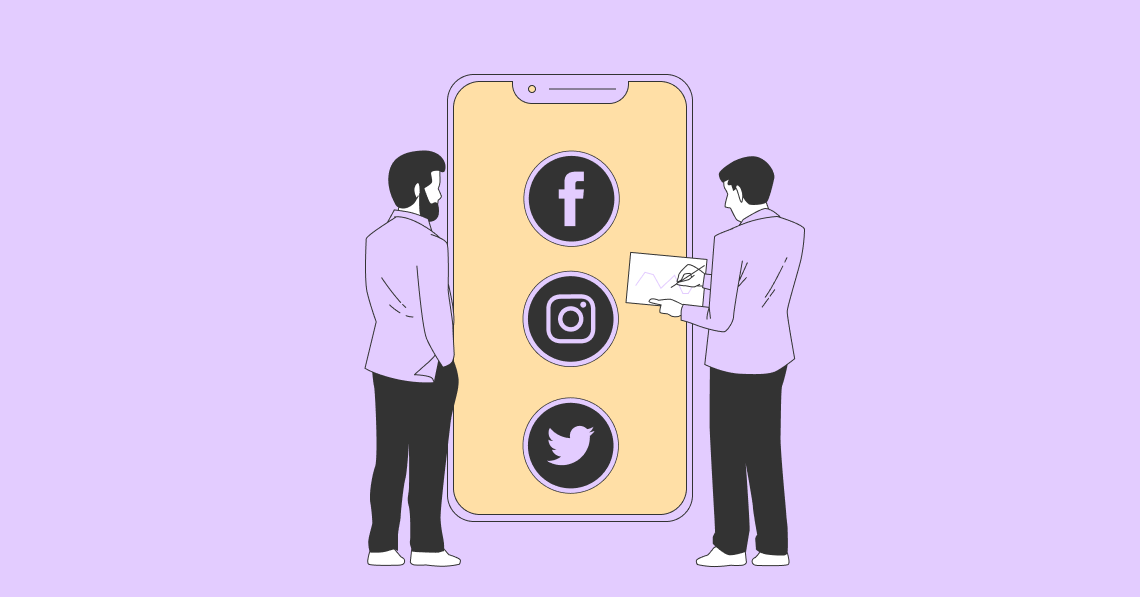TikTok’s meteoric rise didn’t just hurt Instagram.
The head of Instagram, Adam Mosseri, said YouTube took a bigger hit than his company when TikTok entered the social-media scene.
“TikTok hurt us in 2020, 2021, but it hurt them way more,” Mosseri said during an interview with the YouTubers Colin Rosenblum and Samir Chaudry, posted on Monday.
Mosseri said he believed TikTok and YouTube overlapped more as “laid-back, passive” viewing experiences, while Instagram was more of a “participatory, lean-in experience” because of the popularity of its social-sharing features that encourage users to send videos to friends.
In a world where all media companies are competing for attention time, TikTok, and the rise of short video generally, may be siphoning off viewers from YouTube’s longer videos.
The Meta executive considered whether YouTube was losing money on its short-video feature, shorts, which the company launched in the wake of TikTok’s rapid rise.
YouTube pays creators and music rights holders a cut of revenue from short videos as part of its shorts monetization program. But unlike long-form videos on YouTube that are monetized via ad breaks inserted in a stream, short-video ads happen in a feed, making it harder to attribute revenue to a particular creator’s video.
“It’s not unreasonable as a business to take a loss in order to grow market share and assume that you’re going to figure it out later, which they might be doing,” Mosseri said.
“I don’t know if they’re subsidizing it or if they’re just better at it than we are,” he added.
YouTube didn’t respond to a request for comment from Business Insider.
Instagram made more money from advertising than YouTube in 2021, according to a recent court filing. That year, the company generated $32.4 billion compared with YouTube’s $28.8 billion. YouTube grew its ad revenue to $31.5 billion in 2023. Meta doesn’t break out Instagram’s ad revenue in investor reports.
Still, Mosseri said YouTube was “best in class” when it came to sharing revenue with creators. YouTube CEO Neal Mohan said in February that the company had doled out $70 billion to creators, artists, and media companies in the previous three years.
“TikTok is best in class at discovering small creators and helping them pop, but it’s not best in class at rev share,” Mosseri said.
How TikTok has shaped Instagram’s creator monetization strategy
While Instagram may be a money-making machine for its parent company, Meta, it’s still trying to figure out the best way to share some of that revenue with its users.
Mosseri said the company had been struggling to find a sustainable way to pay creators for posting reels without “burning cash.”
Instagram compares how much it pays creators to make videos and photos against how much revenue their content would have generated without incentive payments.
But Mosseri said the math didn’t always work in the company’s favor.
Instagram has tested several programs that pay creators, such as bonuses incentivizing creators to make certain types of content (such as reels).
But the platform has flip-flopped on many of these programs, even pausing bonuses altogether in 2023 only to bring them back in the form of another test a few months ago.
Mosseri recognizes this isn’t ideal for the creators on Meta’s platforms who rely on payments to make a living.
“I can’t have a program this year and … take it away next year and then bring it back the year after,” he told Rosenblum and Chaudry. “That’s just jerking you around.”
TikTok, for its part, has also bounced between different creator monetization programs in recent years as it has sought ways to incentivize users to stay on its platform. Some of its programs, such as TikTok Pulse, are tied to ad revenue, while other payouts are determined more opaquely.
Most recently, TikTok seems to be prioritizing its search business in its creator rewards program, which the company announced in March. TikTok said it would assign a “search value” to videos based on how well they matched up to popular search topics. It’s using that search value and a few other factors, such as originality and video engagement, to determine what a creator will earn.
The move suggests TikTok may have its sights on poaching dollars from both YouTube’s video ads business and Google’s search business.
A rare glimpse into Instagram’s future
During the roughly 90-minute interview, Mosseri also mused about what might be coming next in the social-media business.
Here are three predictions Mosseri made for the future of social media:
- The feed as we know it is dead. “More and more sharing is going to shift from feed-based formats to messaging-based formats,” Mosseri said. “There are way more photos and messages shared on Instagram on a given day than posted to stories, and there are way more photos and videos posted to stories than posted to feed — yet people think of us as a feed app.”
- There is still more opportunity in video. “You’re going to see mobile video continue to grow, probably primarily driven by short-form video,” Mosseri said. “But what you’re really seeing, I think, is mobile video eating into TV’s market share.”
- We’re due for another massive shift in how we communicate online. Every five or so years, a new channel or format changes the way we interact online, Mosseri said, such as moving away from SMS, stories (which at one point was adopted by nearly every platform — whether it made sense or not), and most recently, vertical short-form video. “We’ll probably see one of those in the next five years,” he said, adding that generative AI would likely play a big part.
As Instagram braces for these changes, Mosseri knows that the platform’s relevancy will remain on the line.
“If Instagram in five years loses its relevance, what do you think went wrong?” Chaudry asked Mosseri during the podcast.
Mosseri’s answer was blunt: “We probably moved too slow.”
“The most likely thing for any platform of our scale is that eventually, we will just move slower than the world, and the world will move away, and we’ll be left in the dust,” Mosseri said.



